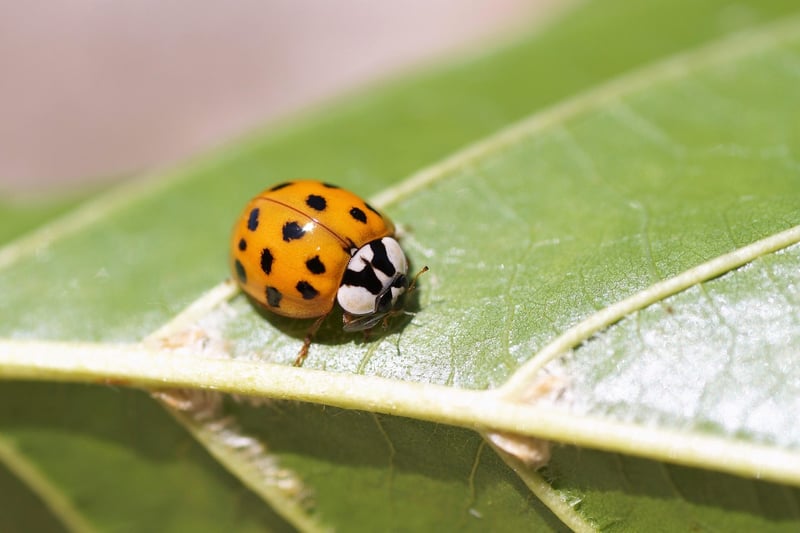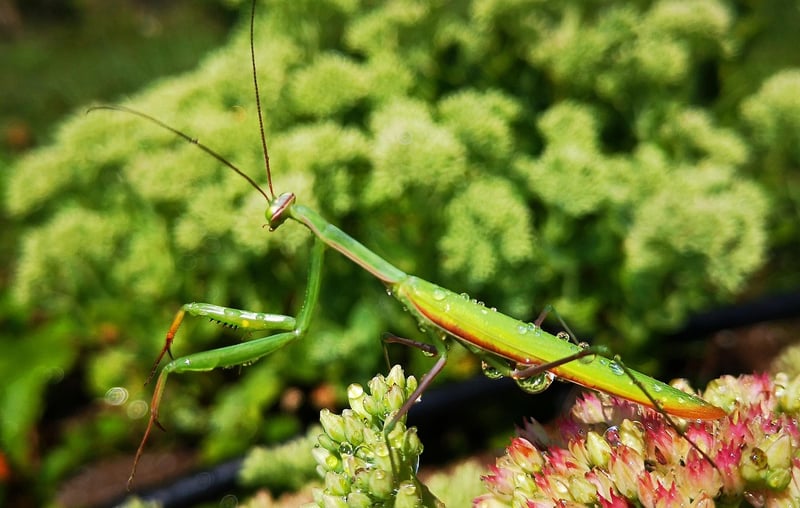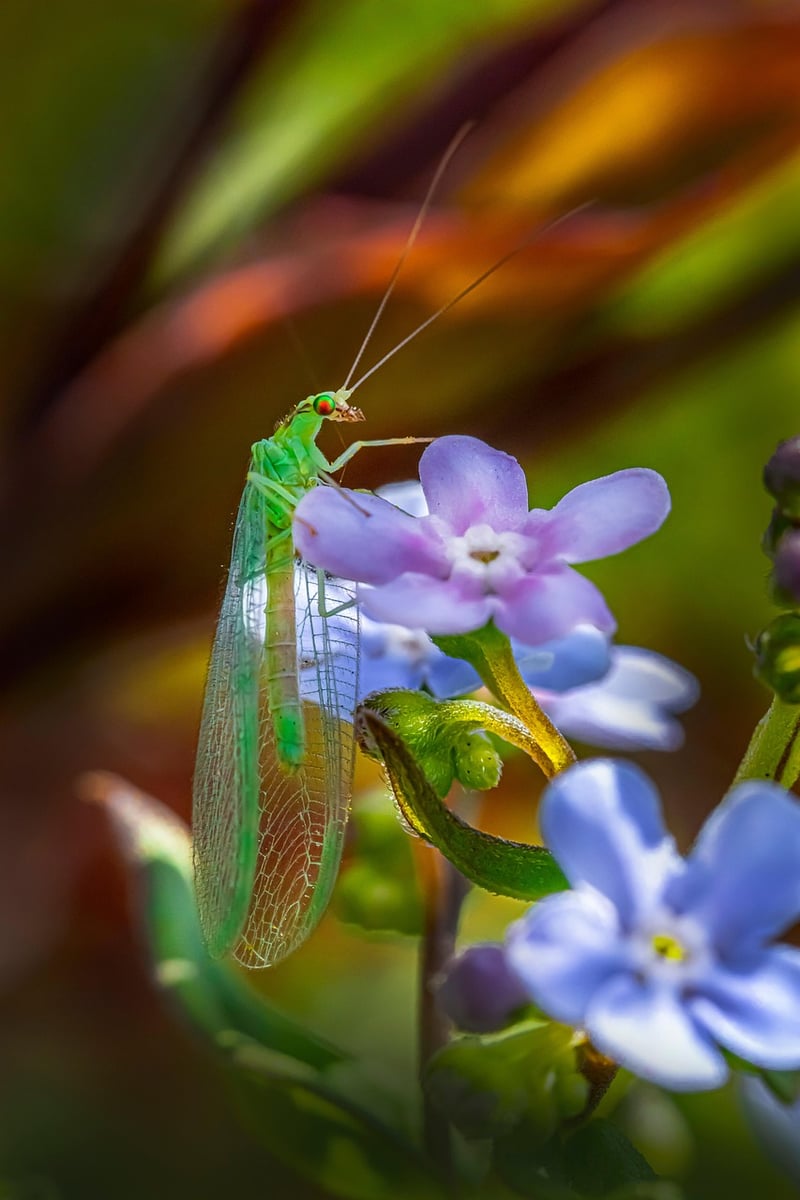Beneficial Insects
Tips to Keep Pests at Bay and Encourage Beneficial Insects in Your Garden
Introduction
Having a thriving garden often comes with the challenge of dealing with pests that can harm your plants. However, not all insects are harmful. Some can actually be beneficial for your garden by preying on harmful pests. Here are some tips to keep pests at bay and encourage beneficial insects in your garden.
1. Plant Diverse Crops
Planting a variety of crops can help reduce the risk of pest infestations. Pests are less likely to spread rapidly if they don't find their favorite food in abundance.
2. Remove Weak Plants
Weak and diseased plants are more susceptible to pest attacks. Removing them promptly can help prevent the spread of pests to healthy plants.
3. Use Natural Predators
Introduce natural predators like ladybugs, lacewings, and praying mantises to your garden. These insects feed on common garden pests like aphids, caterpillars, and mites.
4. Companion Planting
Planting certain crops together can help deter pests. For example, marigolds can repel nematodes, while basil can repel mosquitoes and flies.
5. Neem Oil Spray
Neem oil is a natural insecticide that can help control a variety of pests like aphids, mealybugs, and spider mites. It is safe to use and won't harm beneficial insects.
Beneficial Insects in Your Garden
Ladybugs
 Ladybugs are voracious predators of aphids, mealybugs, and scale insects.
Ladybugs are voracious predators of aphids, mealybugs, and scale insects.
Praying Mantises
 Praying mantises feed on a variety of insects including caterpillars, beetles, and flies.
Praying mantises feed on a variety of insects including caterpillars, beetles, and flies.
Lacewings
 Lacewings are beneficial for controlling aphids, mealybugs, and other soft-bodied insects.
Lacewings are beneficial for controlling aphids, mealybugs, and other soft-bodied insects.
Conclusion
By implementing these tips and encouraging beneficial insects in your garden, you can effectively manage pests while promoting a healthy ecosystem. Remember that a balanced garden with a variety of plants and insects is key to long-term success.
